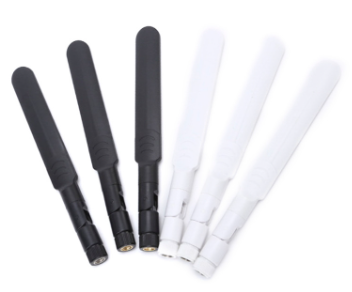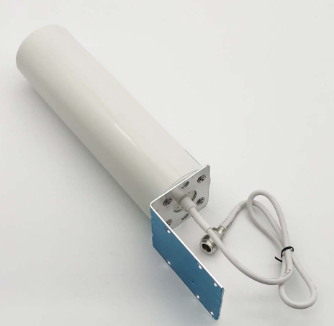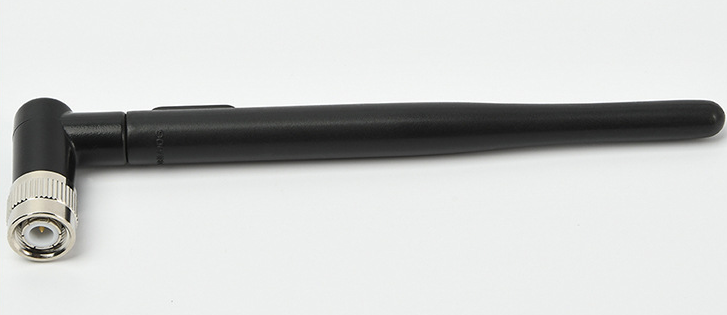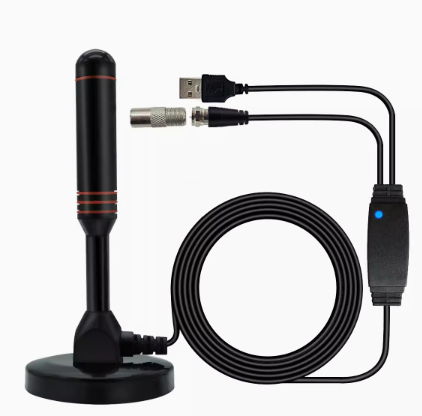What is the use of the antenna in the car
The antenna on the vehicle is an indispensable part of the car communication system, responsible for receiving and transmitting radio waves to achieve various wireless communication functions. Modern cars are usually equipped with multiple antennas, each with its specific purpose. Here are some common car antennas and their functions:
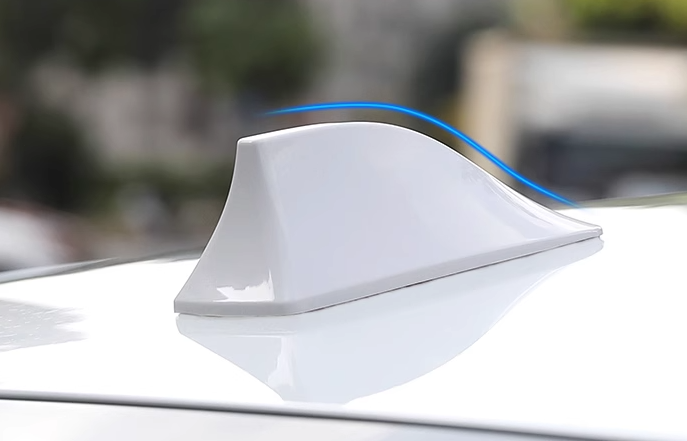
1. FM/AM broadcast antenna: This is the most traditional in car antenna used to receive frequency modulation (FM) and amplitude modulation (AM) broadcast signals. This type of antenna is usually more noticeable because it requires sufficient length to receive long-range radio waves.
2. GPS antenna: The Global Positioning System (GPS) antenna is used to receive satellite signals and help determine the position of vehicles. This type of antenna is usually small and hidden on the top or inside of the vehicle.
3. GSM/CDMA antenna: An antenna used for mobile phones and data transmission, which allows vehicles to make phone calls through the built-in Bluetooth system or access the internet through the in car infotainment system.
4. LTE/5G Antennas: With the popularization of 4G and 5G networks, many new models are equipped with LTE or 5G antennas for high-speed data transmission, which can support more advanced vehicle networking services.
5. Wi Fi antenna: Some vehicles provide Wi Fi hotspot function, which requires a Wi Fi antenna to provide wireless network connection.
6. Satellite TV antenna: In some high-end models, satellite TV antennas may be equipped, allowing passengers to watch TV programs inside the car.
7. RFID antenna: used for keyless entry and start systems, to identify the car key and unlock the doors through Radio Frequency Identification (RFID) technology.
8. Sensor antenna: Modern cars use various sensors to monitor the surrounding environment of the vehicle, such as radar and ultrasonic sensors for assisting driving and parking assistance systems.
9. Emergency communication antenna: In some areas, vehicles may be equipped with emergency communication antennas to communicate with rescue services in emergency situations.
10. Digital broadcasting antenna: used to receive digital audio broadcasting (DAB) and other digital broadcasting signals, providing clearer audio quality and more broadcasting content.
The design and location of car mounted antennas are crucial to their performance. In order to improve reception quality, antennas are usually placed on the top or front of the vehicle to minimize interference from the metal body on the signal. In addition, for aesthetic and aerodynamic considerations, many antennas are designed to be extendable or cleverly hidden within the body design.
In terms of use and maintenance, car mounted antennas usually do not require special maintenance, but it is important to keep the antenna clean as dirt and snow may affect its performance. If you find that the antenna is not working properly, such as poor radio signal reception or inaccurate GPS positioning, you may need to check the antenna for physical damage or connection issues.
Car mounted antennas are an important component of modern automotive communication and entertainment systems, enabling vehicles to receive various wireless signals, providing convenience and safety for drivers and passengers. With the development of vehicle networking technology, the antenna systems of future vehicles may become more complex and efficient to support more intelligent transportation and communication services.
